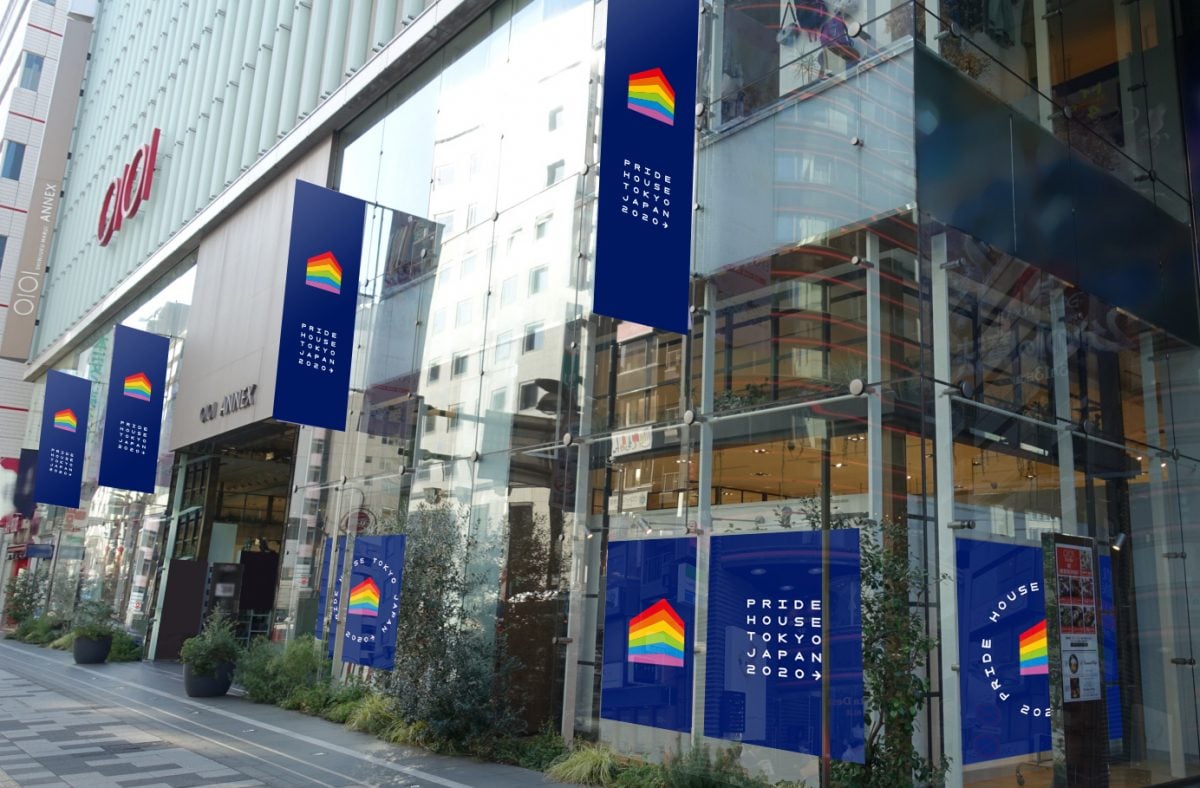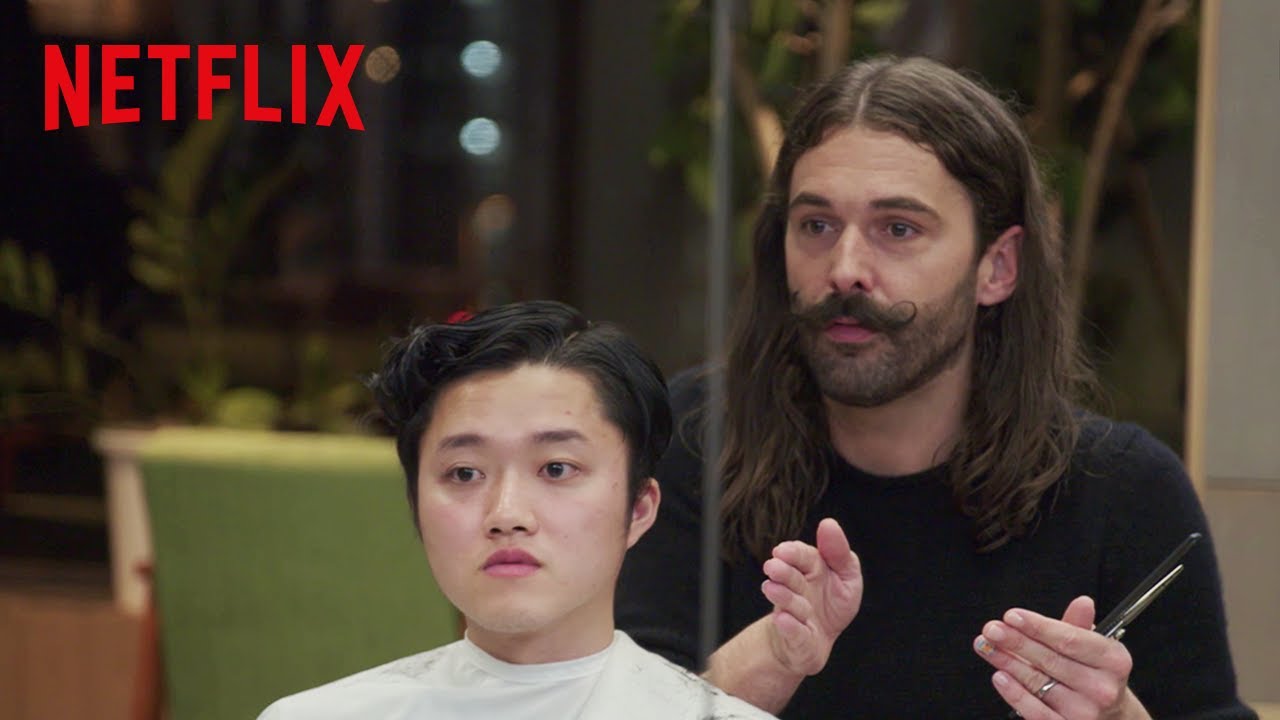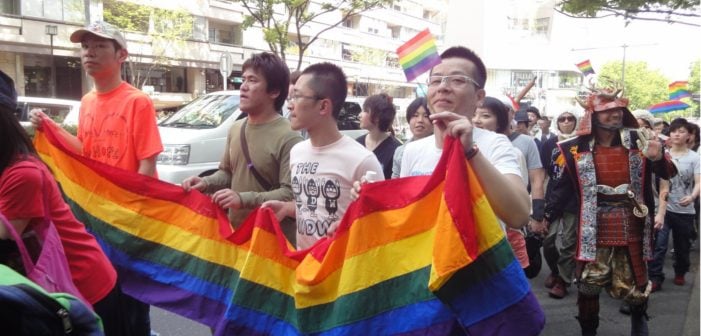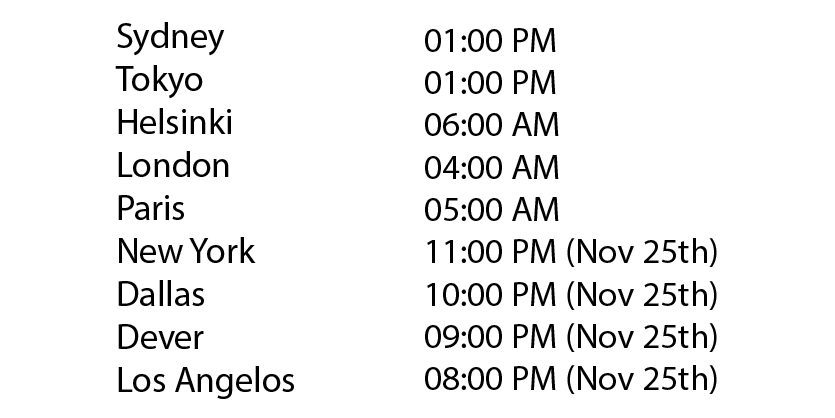Same-Sex marriage equality has been a quiet topic in Japan, especially for outside audiences. All that is coming to an end this month, and you can help!
Activist group, Marriage For All Japan, announced this month that they will be presenting a case to the National Diet that could lead to same-sex marriage being recognized, nationwide. This particular case is being treated differently than other presentations in a way that can easily go in favor of marriage equality. Due to the COVID-19 pandemic, the Nationa Diet has chosen not to allow the public to attend the hearing.
How does that help the legalization of same-sex marriage in Japan? Well, the Japanese public will still have access to the proceedings from a safe distance, and so will you! Marriage For All Japan went on to say that the presentation will be available on YouTube, live-streamed for the whole world with the National Diet members in attendance. They have called for those who support marriage equality to view their presentation in order to properly gauge and present to the National Diet members how greatly the public cares about this issue. While language support is not expected, international viewership is encouraged for the sake of showcasing that marriage equality is a worldwide concern.
Why now, During the COVID-19 Pandemic?
Well, the truth is — this is arguably the most important time!
With same-sex couples having little to no legal protection or acknowledgment, they are the ones most at risk. People from same-sex couples are losing their jobs, being evicted from apartments, more at-risk to illness with pre-existing or immune compromising conditions such as HIV/AIDS, and dying thanks to COVID-19 outbreaks that continue to spike in densely populated areas.
In Japan, with the exception of select areas such as Tokyo, it is entirely legal for businesses to fire employees for their sexual orientation or gender identity and presentation. Very few companies have enacted their own anti-discrimination policies. This puts a target on LGBT+ workers when companies need to lay-off employees.
Hospital visits are denied unless the visiting party is family of the in-patient (it’s not like in anime where you can walk in and visit friends whenever you want). This means that same-sex partners are unable to be with their loved ones in times of health concerns. In fatal conditions, a disapproving family can deny the right to attend hospice visits and even funeral services, should a partner pass on.
While the Ministry of Health has stated that “consideration must be taken to not deny lodging on the basis of sexual orientation or gender identity,” there is no law that protects gay renters from discrimination in the housing industry. Apartment complexes can still legally deny applications from same-sex couples or individual LGBT+ applicants. While some laws have been enacted to prevent discrimination from hotels, a 2020 report showed that some hotels, particularly love-hotels, ignore these laws.

Public Opinion Over the Years
While same-sex marriage is not recognized, services have performed Western-style and Japanese-style wedding ceremonies for same-sex couples. Tokyo Disneyland made big news in 2012 when it hosted its first same-sex marriage ceremony in the park for Koyuki Higashi and her former partner, Hiroko Matsuhara.
In 2015, Yokohama assemblyman, Masumi Tsurusashi, took to social media where he declared gay people to be “abnormal.” This sparked heavy controversy resulting in public backlash. The very next day, the Kanagawa Prefecture assembly requested that he resign from office on the grounds that his statement had infringed on human rights and created distrust and tension between the general public and the assembly, damaging their dignity and reputation.
Equal Wedding Japan was established in 2016, being a team of wedding planners targeting LGBT+ couples. Their goal is to “provide memorable and exquisite wedding ceremonies for lesbian, gay, bisexual, and transgender couples. We honor all forms of love, regardless of gender and sexuality.”
An October 2018 poll conducted by marketing and media company, Dentsu, consisting of over 6,000 participants, resulted in recording breaking results. A total of 78.4% of people were in favor of marriage equality being legalized. Of the total number of participants, only 9.45% openly identified as LGBT+.
Early this September (2020), politician Masateru Shiraishi of Tokyo’s Adachi ward received a heavy backlash from pro-LGBT+ activists, and even public protests, after blaming Japan’s declining birth rate on gay people, claiming Adachi-ward would “cease to exist” if the rights of sexual minorities are protected by law.

The Current Limitations
Previous prime minister Shinzou Abe disapproved of the legalization when presented a case claiming that the definition of marriage as defined by Article 24 in the Japanese Constitution forbids same-sex marriage recognition. However, upon investigation from the Japan Federation of Bar Associations, it was argued that Article 24 contradicted Article 14 of the Constitution, stating “all are equal under the law,” which in turn would mean that anyone’s relationship should be legally recognized, regardless of sex or gender.
Some efforts have been made in the last year for marriage equality. The Shibuya and Setagaya ward of Tokyo, all of Sapporo, and Ibaraki, and Osaka prefecture have legalized domestic partnership certifications. However, these certifications still allow hospital visitation, and in the event of adopting kids, legal custody is only allowed for one of the two parties. It’s not as great a step forward as it sounds. These legislations still limit the legal recognition of same-sex couples as “alternative” and treat recognition as a privilege for those well-off enough to live in areas of Japan where the cost of living is much higher.

What You Can do to Help
Many of us are in the same boat: sitting at home watching anime, reading light novels, or playing our favorite boy’s love games while trying to get through the pandemic. But right now, the most impactful action possible is to be present, and loud and clear that LGBT+ rights are human rights. All you have to do is tune in to Marriage For All Japan’s YouTube page. The broadcast is set to go live on November 26th from 1pm–3pm (Japan time). You can even set a reminder from the video page so you don’t forget.

With enough support, 2020 could end on a positive note, with Japan becoming the second nation in Asia to recognize same-sex marriage, after Taiwan.















